Johann Hari’s book Magic Pill asks if Ozempic is a solution to obesity
British author Johann Hari breaks down the emotional reckoning that followed his own Ozempic-induced weight-loss, and asks, do the benefits of the drug really outweigh the societal and health risks?
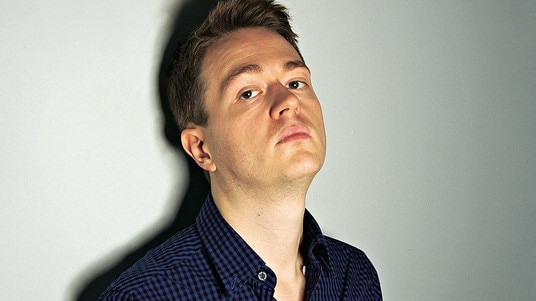
Take a look at old photographs of the writer Johann Hari and what do you see? He is overweight. Not hugely, but he’s definitely pobby. Look at photographs of Hari now, and it’s like looking at different person. He’s a lean, mean, fighting machine.
What happened?
Hari lost a lot of weight. And yes, it’s been wonderful. He’s getting compliments. The neighbour’s gardener in London gave him a wink. He feels more confident, and it shows in his face.
So, how did he do it?
Hari, 45, is refreshingly candid about this. Indeed, he’s written a whole book called Magic Pill, in which he admits that he has not, as some of the newly skinny celebrities claim, just been “walking more”. He has been taking Ozempic.
The result? You’re not tempted to eat, so the weight falls off.
About now, people start saying Yes, OK, I’ve heard about Ozempic, and it all seems rather miraculous, but what about the side effects? Hari says he can’t really remember the last time he had any. Weight-loss drugs can make users nauseous, “but for most people the side effects go away pretty quickly, or they become very manageable”, Hari says.
In fact, he feels healthier than he did before, as do many of the tens of millions of people who have joined him on the drugs.
Ozempic was developed by Novo Nordisk as a treatment for type 2 diabetes before its fat-busting properties led to a boom in “off-label” use as an obesity treatment. The company has since introduced Wegovy, which contains the same active ingredients and is specifically developed for chronic weight management in adults and adolescents.
About now, you may well be thinking OK, where do I get mine?
Well, it’s tricky.
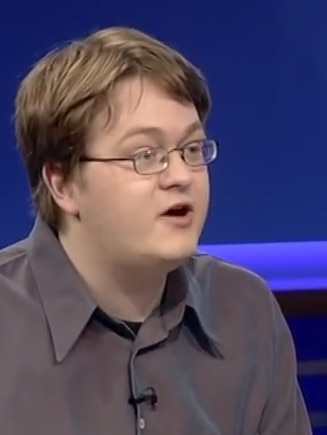
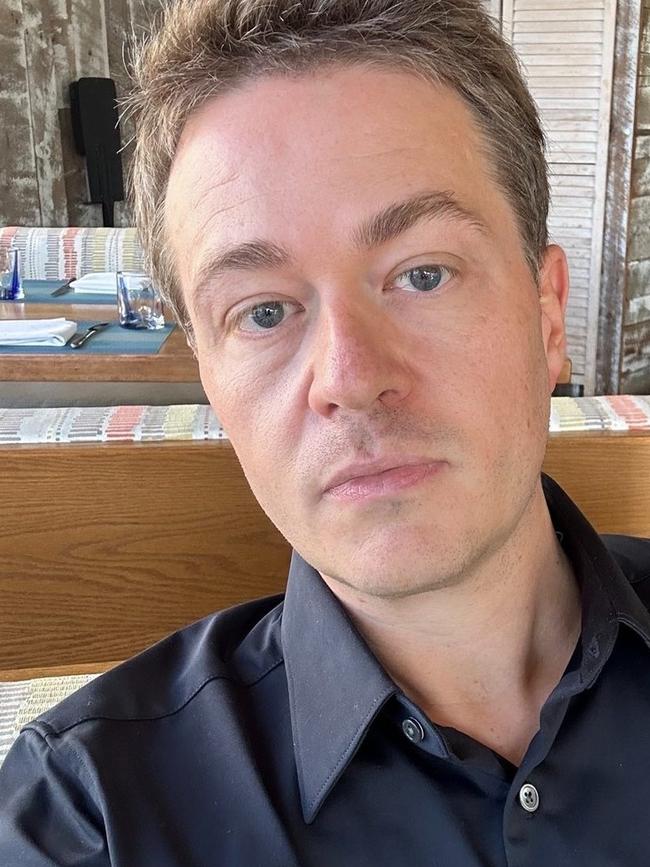
Access to the drugs - Wegovy was approved by the Therapeutic Goods Association for use in Australia in August - is restricted to those who are medically or morbidly obese; or else,in the case of Ozempic, to those who have diabetes, or who are at risk of becoming diabetic. Meaning, you’re not supposed to take them simply because you want to drop a dress size. Which isn’t to say that so-called “ordinary” Australians aren’t getting their hands on them for precisely that reason. They absolutely are, but they’re doing so in ways that are dodgy (ie online) or illegal (they’re importing their own stock from Mexico, or buying from backyard chemists). That is obviously risky – riskier than taking the drugs, probably – and many of those users are probably wondering why the Australian government is making criminals of them.
If the drugs work (and it seems that they do), and if they’re not dangerous (and it seems that they aren’t), shouldn’t everyone be allowed access to them? To put that another way: it’s your body – shouldn’t it be your choice?
I’m interested to talk to Hari about this, not only because he has criss-crossed the globe in recent years, trying to figure out how so many of us came to be overweight. He’s also done buckets of research on self-loathing and how it can lead people to use food – or gambling, or pornography, or alcohol – to try to make themselves feel better.
Feeling bad about himself is something Hari once understood all too well. And he understands, too, how spinning a narrative can get out of control.
But first things first: Hari is at pains, early in our interview, to say that his doctor recommended that he take Ozempic for health reasons. His body mass index, or BMI, was around 30, which his doctor considered too high. There was also a history of heart disease in his family.
He need not feel any guilt or shame; he’s been granted permission by the medical profession to enjoy the benefits of the drugs. But it doesn’t take too much prodding to get him to admit that vanity played a role in his thinking, too. “I was talking to a friend, making the point that you have to weigh the rewards [of Ozempic] against the risks, and she said, ‘No, stop, I can’t listen to another word’,” he says.
“She said, ‘You keep telling me it’s all about your health. Oh, it’s about health, health, health.
-
You’re not being honest with yourself. This isn’t about health for you. It’s about vanity. You want to look good, right? OK, just admit it.
-
“And while there was a real health concern, I do think [vanity] was a bigger factor than I wanted to acknowledge at the time … and perhaps even I want to acknowledge now.”
Hari knows as well as anyone that plenty of people who aren’t “medically” overweight are taking Ozempic because why wouldn’t they, rather than go on yet another miserable diet that won’t work anyway? He knows that some of those people are hiding this fact, because they want people to believe they’ve been disciplined enough to lose weight “the natural way” or because they want people to think they are naturally slim and gorgeous; or because they’re embarrassed that they couldn’t lose weight on their own.
But here’s the thing: almost nobody can.
While writing Magic Pill, Hari studied some of the evil tips and tricks employed by the fast food industry to keep people eating.
“We live in a distorted environment,” Hari says, “and if you want to see the effects of that environment, just google the videos of the day Harold Holt drowned [in 1967]. He disappears on the beach, and obviously news crews go, and what you see is videos of ordinary Australians who were on the beach that day. Look at them ... everyone on that beach looks to us to be skinny, right? That’s what people looked like in the ’60s. What’s changed? People moved from mostly eating a diet of fresh whole foods to mostly eating a diet of ultra-processed foods, which are constructed out of chemicals in factories, in a process that isn’t even called cooking. It’s called manufacturing food.”
Most manufactured food is specifically designed to make you want more of it – try stopping at one! – so the food and chemical companies become more profitable (by happy coincidence, or not, the billion-dollar diet industry thrives too). If that weren’t bad enough, your body will fight like crazy to keep whatever weight you gain, which is why almost all dieters – around 90 per cent – will soon be fatter than they were before they started their juice cleanse.
Hari knows all this – he’s literally just written the book about it - and yet he, too, felt like he was “cheating” when he took Ozempic.

“And it’s weird, because another one of my close friends takes statins, right? I’ve never once looked at him and gone, ‘You’re cheating, getting your cholesterol down with drugs, how dare you?’ It’s never crossed my mind. So what is it about obesity that triggers this thinking? Well, going right back to the sixth century, Pope Gregory was the first person to lay out the seven deadly sins. One of them is gluttony.
“It’s very deep in our culture, the idea that being fat is a sin that deserves to be punished. The only forms of weight loss we admire are the ones that follow the old Christian pattern of suffering that leads to redemption. Think about that TV show The Biggest Loser, where they get very hugely overweight people to do these horrible, degrading things to see who can lose the most weight.
“We’ll admire them. You suffered. You paid for your sin. You repented. And if obesity is a sin that requires punishment, well, this [Ozempic] is like a get-out-of-jail-free card, right? But we’ve got to move on from the arguments of medieval popes – the idea that there’s a sin, or that it’s cheating. We are in a competition, but it’s not you versus me, it’s all of us against the forces that are driving up obesity, which are primarily the food industry.”
Hari is not saying that any woman (everywoman?) who wants to squeeze into a bikini by Christmas should be issued a prescription, however happy that might make them. He is firmly on the side of “regulation” – or, as he puts it, “balancing the benefits with the risks”.
“These drugs are, I think, a staggering medical breakthrough,” he says. “As one of the scientists who worked on them said to me, ‘We’ve cracked the code of what controls human appetite’.
“These drugs produce an extraordinary level of weight loss: with Ozempic, it’s about 15 per cent of your body weight within a year; with Mounjaro [another weight-loss drug] it’s 21 per cent on average. But I liken it to a tool, like fire. Fire is a great tool if I use it to warm my house up. It’s a really bad tool if I use it to burn your house down. This drug is going to be used both for great good and for great harm. For some of us, it’s going to be what rescues us. For some of us, it’s going to be what really harms us.”
He worries that Ozempic is “rocket fuel for eating disorders. If you take them at a high enough dose it justs amputates your appetite, right? You just don’t want to eat. And what’s happening is young girls with anorexia are getting hold of these drugs, and they’re going to be able to kill themselves with them, starve themselves to death in a way they would not have been able to without these drugs.”
Of course, people don’t under-eat, or indeed over-eat, for no reason. Some people stuff themselves for the same reason others take up smoking or gambling or drugs. These dirty little habits can be comforting. They give us tiny hits of dopamine, which we love, and then begin to crave. Before long we’re hiding our habits, or lying and cheating to get what we think we need to make ourselves feel better. It sounds tragic, but that’s just human beings.
Hari says his own addiction to Kentucky Fried Chicken was probably a form of comfort-eating. Like many writers, he has suffered from low self-esteem and rampant self-doubt. It’s hard to say why, but there are some clues in his books.
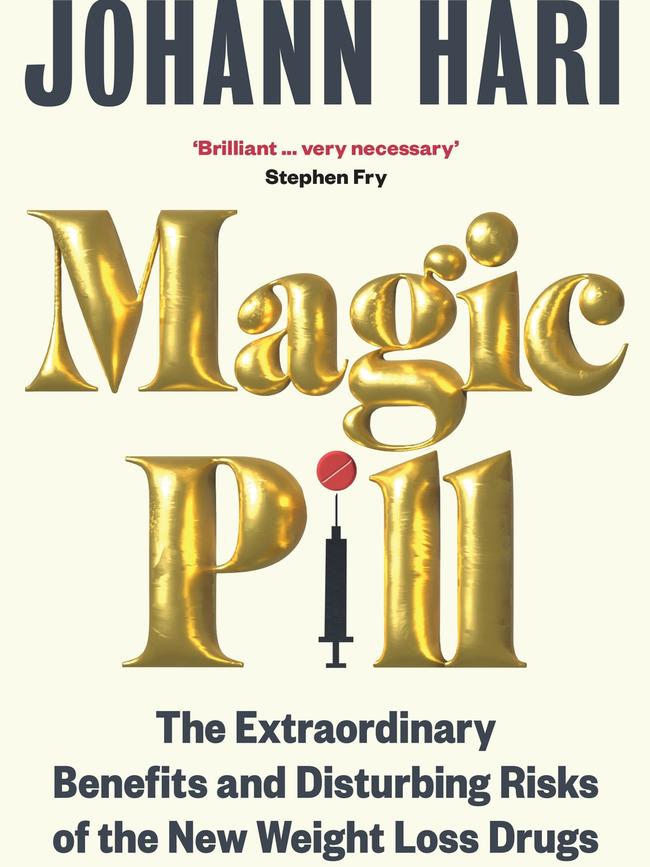
Hari grew up working-class – his dad was a London bus driver – but he was very bright, and managed to get a place at King’s College, Cambridge. Consorting with the rich can be discombobulating (everyone’s seen Saltburn), right? From university, he went into journalism, which is an extremely competitive profession. But his talent was obvious: he was named Student News Journalist of the Year by The Times in 2000, and Young Journalist of the Year at the British Press Awards in 2002.
Brilliant, right?
Wrong.
Publically, Hari was flying high – but privately he was developing the kind of mania that comes to anyone who reads their own press, especially if they don’t really believe they deserve all the good things coming their way. And so to Hari’s unfathomable coping strategies: he decided to create a so-called “sock-puppet” account on Wikipedia to enable him to write tartly – and anonymously – about his colleagues, while “upping” (his word) himself. It seems that he also grew frustrated, as a young reporter, by the often inelegant way his subjects would express themselves in interviews, and so began twisting people’s quotes to make them fit the story in a more natural and uplifting way. He also used previously published material from other people’s books and opinion pieces to flesh out his features.
Now, it’s stretching things only a little to say that journalists will forgive a colleague for murder, but plagiarism? You’re dead to the profession.
Hari was suspended from his newspaper job, and had to give up his Orwell Prize for Journalism. He has apologised, repeatedly, and has spent the past decade trying to rebuild his career – not easy when some old colleagues to this day insist that he should never be forgiven.
His second act has largely been a good one: besides Magic Pill, he’s written two other best-sellers, among them Stolen Focus: Why You Can’t Pay Attention (he will be touring Australia in October to talk about it). He’s also done two TED talks, which have been watched tens of millions of times. In the talk about addiction, he argues that human beings who can’t bond with others because they are “traumatised and isolated” will bond with anything that gives them some relief from the daily stresses of life.
“The opposite of addiction is not sobriety,” he says in the talk. “The opposite of addiction is connection.”
Plenty of people in the comments section say Hari’s work in this area has saved their lives.
It also saved his own.
Hari has never referred to his comeuppance as an epiphany, because “I think it would be really insulting to the people who were harmed by what I did … obviously, I should not have done those things … I wish I hadn’t.” He has, however, learnt a great deal in the past decade about human frailty.
“A weird thing happened when I started taking Ozempic,” he says. “In the first six months I lost loads of weight, and I got what I wanted, right? I felt physically fitter, but I didn’t actually feel better … if anything, I felt worse emotionally. I don’t want to overstate it; I wasn’t depressed or anything, but I felt quite muted. And I thought, ‘What’s going on? I’m getting what I want, but I don’t feel better’.
“And what I realised was, these drugs, they interrupt your eating patterns, which is a good thing, obviously – that’s why you lose so much weight – but what that can also do is bring to the surface some of the deep, underlying emotional reasons why you eat in the first place.
“I over-ate to soothe myself [and] when I could no longer overeat, a lot of that came to the surface. That can be a good thing.
-
There are better ways to deal with sadness than Colonel Sanders, right?
-
But that can be a painful transition.”
Hari still makes mistakes (there are some in Magic Pill), but tries these days to extend forgiveness not only to himself but to those battling any kind of crisis or addiction. He’s particularly concerned for the kids (and adults) addicted to scrolling on their phones, which is guaranteed to make you miserable.
“Think of anything you’ve ever achieved in your life that you’re proud of, whether it’s starting a business, being a good parent, learning to play the guitar – whatever it is, that thing that you’re proud of required a huge amount of sustained focus,” he says.
“It’s at the heart of all human achievement, right? When your ability to pay attention breaks down, your ability to achieve your goals diminishes. You feel worse about yourself because you actually are less competent. When you get your attention back, it’s an amazing feeling of regaining your superpower.” But, he says, Big Tech is no better than the food industry when it comes to shoving more of what we don’t need down our throats.
“Tech is designed to keep us, and our kids, scrolling as long as possible, so [the tech companies] can make the maximum amount of money out of us,” he says.
MORE FROM JOHANN HARI: ‘We need to rescue our ability to pay attention’
“If you open TikTok, Facebook, Twitter, Instagram, whatever, and you start to scroll, they begin to make money out of you, because you see ads. The longer you scroll, the more money they make, right?
“So, all of these geniuses in Silicon Valley, or these algorithms, are designed to figure out how to get you to scroll … to open the app as often as possible and scroll as long as possible.
“That’s its design, and they’re unbelievably good at it. Understanding this wider context releases you from all sorts of negative feelings, and, most importantly, helps you toward the solutions. I want to talk about how we can fix things.”
Given that there isn’t – yet – a drug to stop you looking at your phone, Hari says we, the human beings in this ghastly experiment, have to find new ways to fight back. He sometimes puts his own phone in a “cake safe” (it’s like a lockbox, with a timer) so he can’t waste the day mindlessly scrolling. He admires those countries that have passed laws giving workers the “right to disconnect”.
“Think back to when we were kids … did your parents ever get contacted at home by their boss? Never. The only people who were on call were doctors and the prime minister, and even doctors weren’t on call all the time,” he says. Now, in some contracts, an employee will have the right not to check emails after hours.
![‘Tech is designed to keep us, and our kids, scrolling as long as possible, so [the tech companies] can make the maximum amount of money out of us.’](https://content.api.news/v3/images/bin/881718766d7aaaf4da3e696f8bf1f332?width=650)
Of course, these same devices bring remarkable flexibility to our days: I spoke to Hari via Zoom, from the comfort of my own home in Bondi. He was in London. It was an early morning call for me, and a late one for him. I went for a swim after the interview, and then went into the office to download our chat from the Voice Memos app. I also used AI to turn his words into a script, so I could quote him as accurately as possible. No doubt he does the same, when he interviews people around the world for his books? “Yes. The best human technologies extend human beings, make us better than we are,” he says, “but under the current business model, AI will be used to find more invasive and problematic ways to screw with our attention, and that would be disastrous for us and our children.
“So when I talk about the need to regulate the tech industry, people often say, ‘Look, nice idea, but governments have no power over this. They can’t do it’. And I always give the example of Scott Morrison. He said to Facebook, ‘You’re bankrupting the media. You’re going to have to use some of your money, some of your revenue, such a very small amount, to fund the media’. And you remember what happened? Facebook went crazy. They cut off Australia from key functions. They threatened to cut Australia off completely. And what happened? Scott Morrison held his nerve, and quietly, to some degree, they gave in. I don’t normally agree with Scott Morrison, but you know, good for him. He did the right thing. And more leaders in the world should be doing that. It won’t happen on its own, but if we fight for it together, we can win.”
Magic Pill by Johann Hari (Bloomsbury) is out now. Hari will be doing a nationwide tour of Australia in October with TEG Dainty alongside the Life Of Greatness podcaster Sarah Grynberg; he will also be speaking at SXSW Sydney.




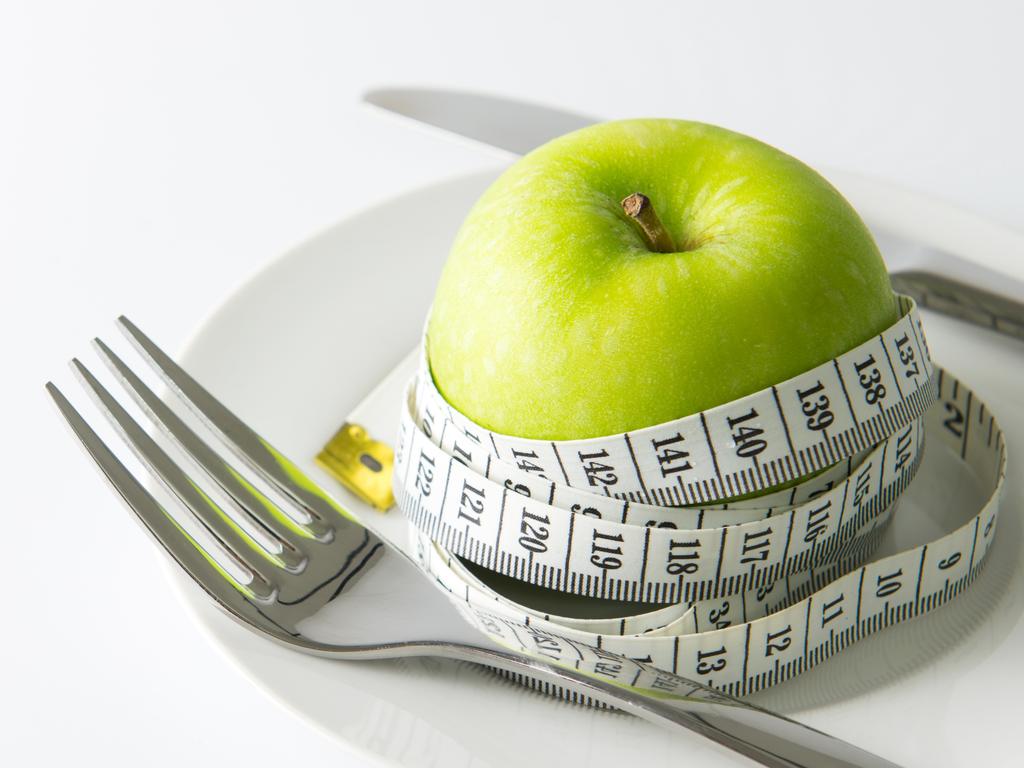

To join the conversation, please log in. Don't have an account? Register
Join the conversation, you are commenting as Logout